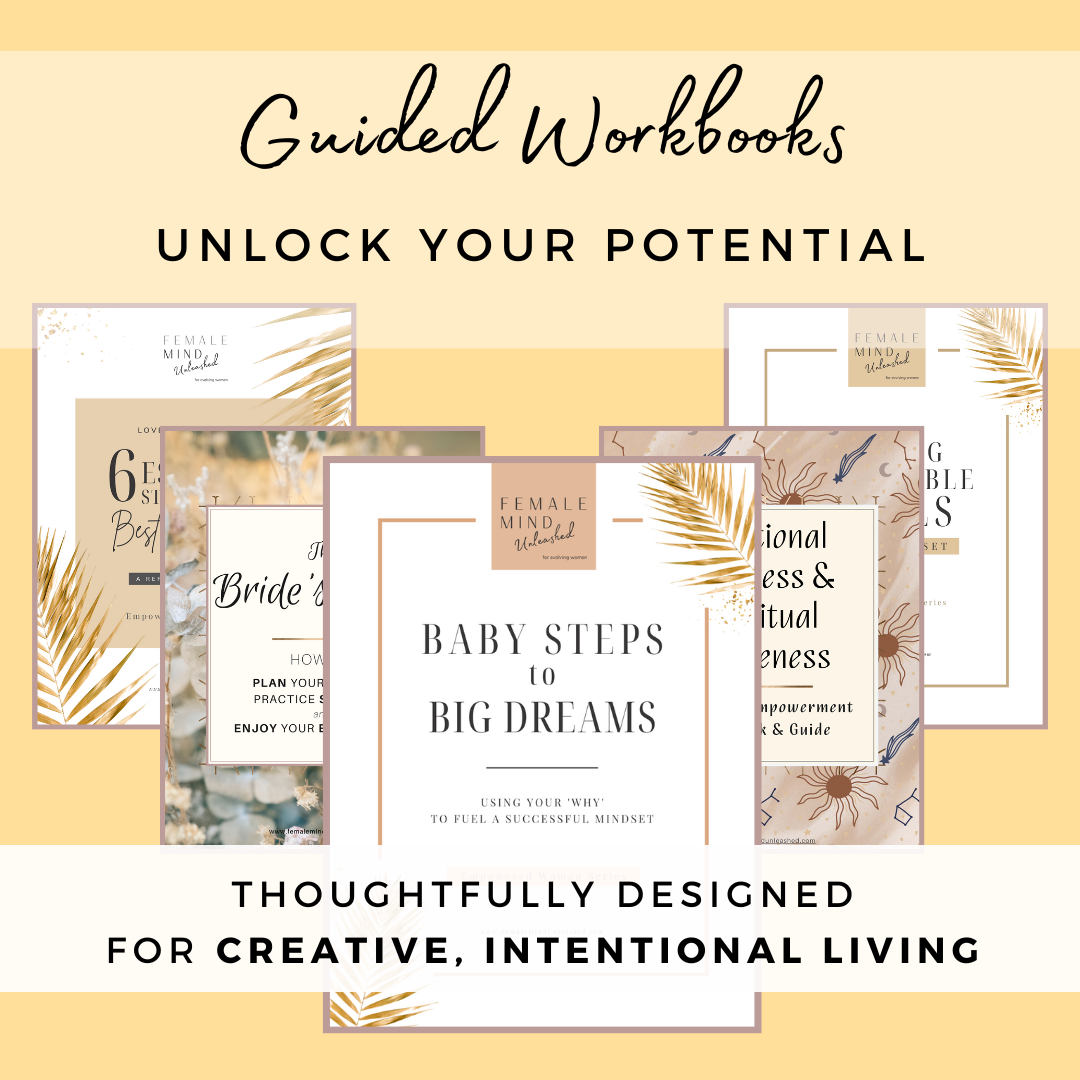3 Ways I Combat Imposter Syndrome
Helese Star Smauldon is a multi-passionate Millenial who writes about love, culture, and mental health at her very personal blog HeleseTALKS. She loves connecting to her audience with an authentic voice and personal stories. Contact her for writing opportunities on LinkedIn.
What is Imposter Syndrome?
A Time magazine article on imposter syndrome asks, “Have you ever felt like you don’t belong? Like your friends or colleagues are going to discover you’re a fraud, and you don’t actually deserve your job and accomplishments?” My answers have varied over time from:
Yes, ever since I was a child.
Hmm, no, but I definitely feel like an outsider and like I don’t compare to my peers in the corporate world, with jobs and kids.
And…
Yes. In fact, I often feel like I don’t have any accomplishments.
When I first realized I had imposter syndrome, it was hard for me to accept. I didn’t “feel like a fraud.” I feel authentic, sometimes to a fault. But I do feel unaccomplished, even though my resume and portfolio say differently. According to psychologist Audrey Ervin, imposter syndrome describes people who aren’t “able to internalize and own their successes,” Bingo. I definitely feel that.
Those feelings began in my 20’s. I let a few barriers stop me from going after really good opportunities later in life – like not having a college degree until I was 33 years old. In my mind, it stopped me from starting a real career. After job rejection after rejection, I wondered: What’s wrong with me? What do others have that I don’t? I internalized that feeling as the recurring thought, “Real companies don’t want me.” My accomplishments outside of work began to feel like nothing.
I learned over time that I’m not alone. Not even close. I was suffering from debilitating imposter syndrome and I decided to do something about it.
Here’s how I cope.
3 Simple (But Not Easy) Ways I’m Coping with Imposter Syndrome

Getting Therapy
My therapy journey started when I decided to quit being a flight attendant and work in non-profit. I knew it was time: I had a panic attack on my way to work. Getting therapy was a mental barrier for me at first because I grew up in a Black Christian home and we were reluctant to psychotherapy.
I used my employee assistant program to get 3 free sessions with a counselor in NYC. She wasn’t the most professional – complaining about insurance companies payouts. Still, she asked me helpful questions about my thoughts, feelings, and breathing, and she gave me a note that allowed me to leave my employment on good terms and retain all of my paid time off.
My first therapy experience was the first in a journey of healing. That was over 10 years ago. Fast forward to 2018 when I started therapy again, now I’m on my 3rd who specializes in ADHD. He educates me on symptoms and how it affects my behavior. He makes it OK for me to feel crazy sometimes and tells me that the anxiety and imposter syndrome are all related to having traits of ADHD. Plus, he prescribes videos and new thinking and communication techniques.
This helps me see myself in a new way and helps me combat imposter syndrome. I’ve learned to reframe so many disappointing experiences to find the silver lining in them and not internalize them as negative thoughts that lead me to feel like I’m not good enough and that I’ll never be deserving of high status in the world (which is a personal goal of mine). I’ve refined this gift and practiced this skill with the help of therapy.
Hiring a career coach
I recently hired a career coach to help me sort through my varied freelance and artistic experience in order to reframe it so that I would feel confident, finally start a career, and get out of the “$10/hour job club.”
It’s been a huge transformative process for me. I have felt extreme anxiety and even suffered a panic attack while applying for jobs – crying while writing a cover letter.
I’ll be transparent about my situation- I’m a Millennial who lives with her parents. I moved back home after living in NYC for 13 years. As a 35-year-old black woman, I am officially starting a new career in the creative field – branding, copywriting and content writing for a business, or an agency.
There’s a major emphasis on entrepreneurship right now. I have jumped on that bandwagon – I always knew that I had it in me to be a founder. Still, imposter syndrome is like an alter ego inside of me that pulls me down, when everyone else seems to view me as extremely confident on the outside, with an enormous, enthusiastic, and edgy personality.
Before I knew there was a name for the types of thoughts and feelings associated with imposter syndrome and the anxiety that comes with it, I just used to call them demons. I think it’s really interesting how it shows up and how all of this time I could have been keeping myself from opportunities because I didn’t think I had What It Takes. My career coach helps people get 6 figure jobs. She gives us practical tips on job searching but also has us doing kundalini meditations. She speaks life into us, challenges us to do the work, and instills in us that we are already deserving and qualified for a high-status role and offer. With her help, and me doing the work, I’m starting to believe it.

Using Affirmations
“You’re never going to get out of your situation.”
“You’ll be living with your parents until you’re 40.”
“You don’t actually have any skills. Or a portfolio. You haven’t really accomplished what you say you’ve had.”
“You’re a fraud.”
The real demons are the voices in your head that tell you that you’re not good enough to love yourself, to take care of yourself holistically, and to keep your promises of yourself so you can achieve your goals. One method I’ve used to get rid of those voices is to replace them with new ones using affirmations.
“I love myself.”
or
“I am strong and capable.”
or
“I approve of myself.”
Louise Hay (now deceased) was a life coach and a master crafter of affirmations who changed her life with them. Another spiritual teacher, Abraham Hicks, says that “a belief is a thought that you keep thinking.” Louise Hay uses repetition to help replace old beliefs with new ones. She requires you to look in the mirror and repeat the words, “I approve of myself.”
Over time in my self-development, I realized I’m carrying the weight of old beliefs from various experiences in my past that told me I am less than perfect, capable, and lovable. Using the self-love affirmations for 30 days, along with my wonderful partner’s affirmation for me, “I know you won’t accept anything less than the best,” has helped me replace those old subconscious beliefs with the words that are helping me fight Imposter Syndrome, one demon at a time.
Helese Star Smauldon is a multi-passionate Millenial who writes about love, culture, and mental health at her very personal blog HeleseTALKS. She loves connecting to her audience with an authentic voice and personal stories. Contact her for writing opportunities on LinkedIn.






